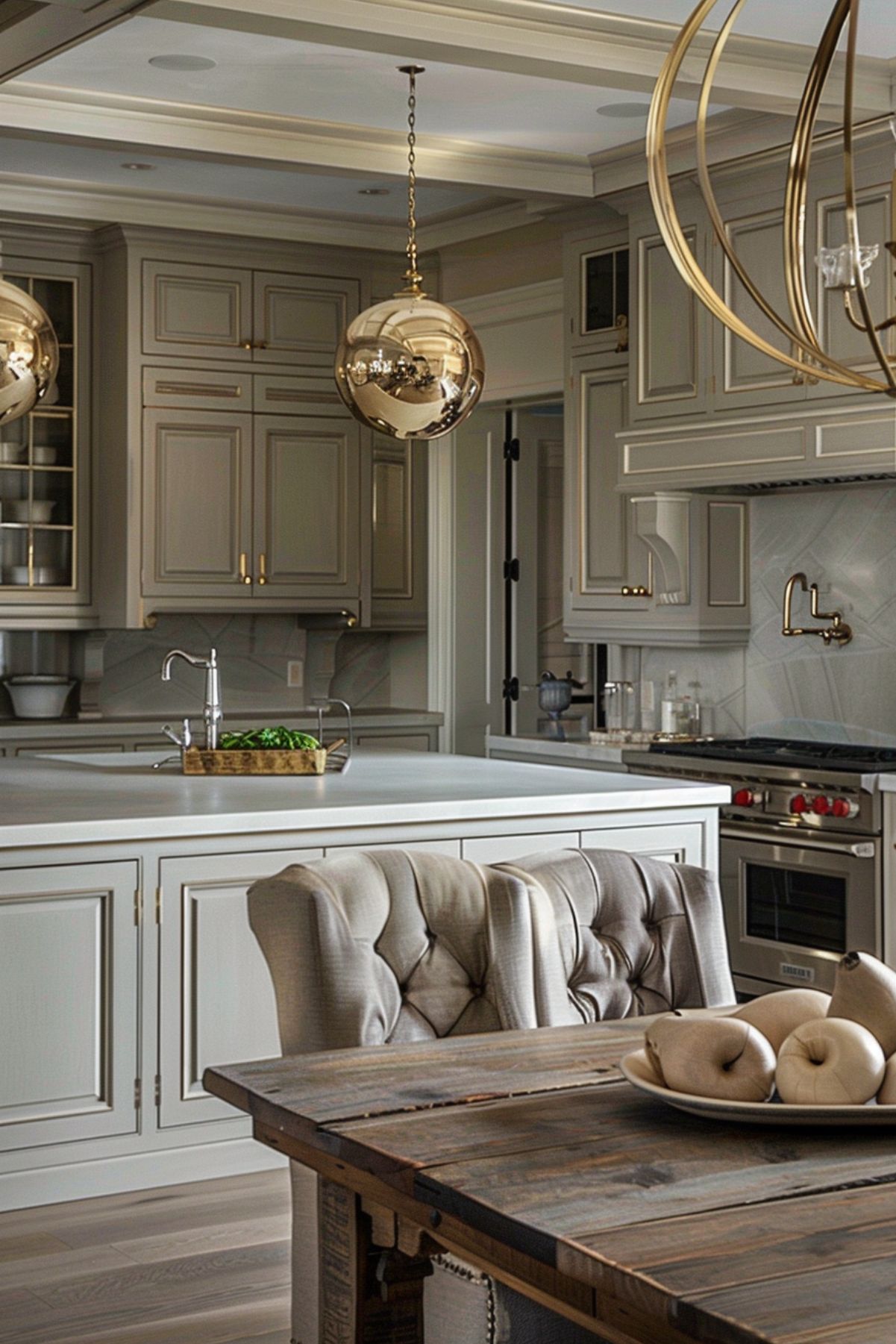Air Fryer vs. Oven: Which is More Energy Efficient?
Air Fryer vs. Oven: Which is More Energy Efficient? Energy efficiency is an important factor to consider when choosing appliances for your home. In the kitchen, two popular appliances that often come under comparison are air fryers and ovens.
Both have their own benefits and drawbacks, and choosing the right one for your needs can save you money on energy bills and reduce your carbon footprint.
In this article, we’ll take a closer look at the energy efficiency of air fryers and ovens and provide some tips for maximizing their energy efficiency.
How Air Fryers Work
Air fryers are small, countertop appliances that use hot air and a small amount of oil to cook food.
They work by circulating hot air around the food, which cooks it evenly and gives it a crispy texture similar to deep frying.
Air fryers are popular for their convenience and ability to cook a wide range of foods, including meats, vegetables, and even desserts.
When it comes to energy efficiency, air fryers generally use less energy than traditional ovens.
However, it’s worth noting that air fryers are generally smaller in size and can only cook smaller portions of food at a time.
This means that if you need to cook larger quantities of food, you may need to use the air fryer multiple times, which could increase its energy consumption.
How Ovens Work
Ovens are a staple appliance in most kitchens, and they come in a range of sizes, types, and styles. The most common types of ovens are electric, gas, and convection.
Electric ovens use electricity to heat the oven and cook the food, while gas ovens use natural gas as the heat source. Convection ovens use a fan to circulate hot air around the food, which helps to cook it faster and more evenly.
In terms of energy efficiency, electric ovens tend to be more energy efficient than gas ovens. This is because electric ovens use less energy to produce heat, and they also have better insulation, which helps to retain heat and reduce energy usage.
Convection ovens are generally more energy efficient than traditional ovens because the fan helps to cook the food faster and more evenly. This means that the oven doesn’t have to be turned on for as long, which can save energy.
Comparison of Energy Efficiency
Now that we’ve looked at how air fryers and ovens work, let’s compare their energy efficiency.
One factor to consider is the size of the appliance. Air fryers are generally smaller in size than ovens, which means they use less energy to heat up and maintain their temperature.
However, as mentioned earlier, this also means that air fryers can only cook smaller portions of food at a time, which may not be suitable for larger families or for cooking large quantities of food.
Cooking time is another factor to consider. Air fryers generally cook food faster than ovens, which means they use less energy overall.
However, this can vary depending on the type of food being cooked and the desired level of doneness.
Finally, the type of food being cooked can also affect the energy efficiency of each appliance.
Some types of food, such as meats and vegetables, may cook more evenly and efficiently in an air fryer, while others, such as baked goods, may be better suited for an oven.
It’s worth experimenting with both appliances to see which one works best for your specific cooking needs.
Other Considerations
While energy efficiency is an important factor to consider when choosing between an air fryer and an oven, there are other things to consider as well.
One factor to consider is cost. Air fryers tend to be cheaper upfront than ovens, but they may not last as long and may need to be replaced more frequently.
Ovens tend to be more expensive upfront, but they often have a longer lifespan and may save money in the long run.
Convenience is another factor to consider. Air fryers are generally more convenient to use because they are smaller and easier to store.
They also tend to be easier to clean, as they have fewer parts and don’t produce as much heat as ovens.
Ovens, on the other hand, can be more cumbersome to use and may take up more space in the kitchen.
Finally, space limitations may also be a factor in your decision.
If you have a small kitchen or limited counter space, an air fryer may be a better choice because it takes up less space.
Conclusion
In conclusion, both air fryers and ovens have their own benefits and drawbacks when it comes to energy efficiency.
Air fryers generally use less energy than ovens and are more convenient to use, but they may not be suitable for cooking large quantities of food or for certain types of dishes.
Ovens are generally more energy efficient and have a longer lifespan, but they may be more expensive and take up more space.
Ultimately, the best choice for you will depend on your specific needs and priorities.
To maximize the energy efficiency of your appliance, it’s important to follow the manufacturer’s instructions and use the appliance properly.
You can also invest in energy-efficient models and use the appliance at the appropriate size for the task at hand.
Finally, be sure to properly maintain your appliance to ensure it is running at its most efficient.
You May Also Like:







